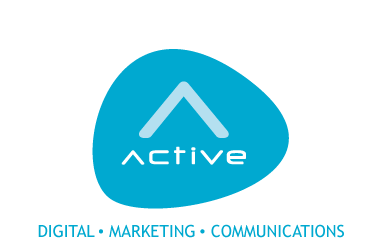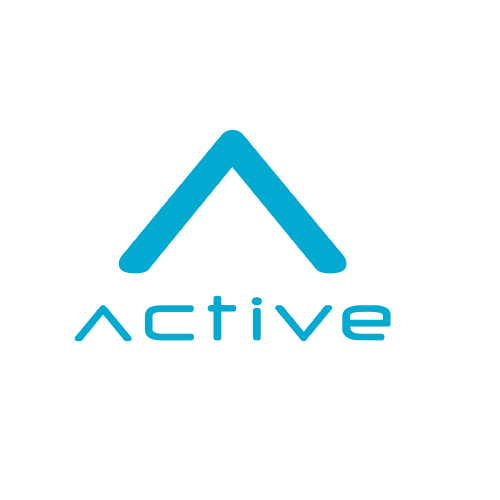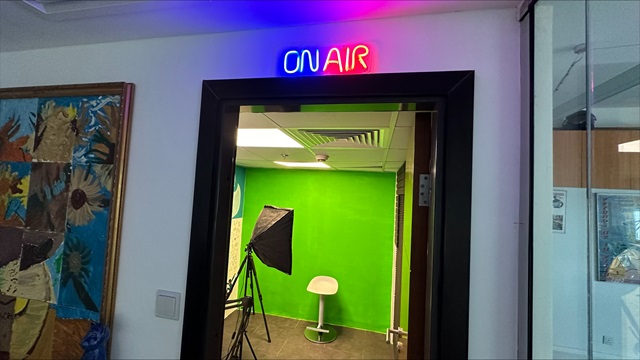Artificial intelligence isn’t an overnight phenomenon, but it certainly seems so. The credit goes to the recent proliferation of ChatGPT and several other generative AI applications.
These applications have transformed how people approach work on a daily basis, across the globe. They offer countless opportunities to businesses and their employees by improving their productivity, automating tasks otherwise mundane and streamlining processes.
And why shouldn’t communications professionals not employ every tool at their disposal? As it is, our lot is always on the lookout for innovative ways to reach out to the target audiences and tell our stories. Generative AI is one emerging yet prominent technology that has the potential to create impactful content.
Generative AI models, such as ChatGPT, can be trained on massive datasets of text and code to generate new text, code, and other creative content. This makes them ideal for a variety of comms tasks, not limited to:
- Writing press releases: Apps like ChatGPT can be used to write press releases tailored to a target audience’s specific needs. This can save editors a significant amount of time and effort.
- Creating social media content: Generative AI can be used to create engaging social media posts that will capture followers’ attention. This can help brands to increase their reach and engagement.
- Developing marketing materials: These applications like ChatGPT can be used to create marketing materials, such as brochures, white papers, and case studies. This can help marketers to communicate their key messages effectively to potential customers.
On the flip side, it is crucial to be aware of the risks associated with this technology. One such risk is that employees could end up revealing information that is otherwise proprietary or sensitive in nature.
For example, if while utilising ChatGPT to create a close to the final draft of the press release, there is a risk that the write up could contain confidential information that the company does not want to share with the public prior to the publishing of the said release. This could damage the company’s reputation and could even lead to legal issues.
Yes, naysayers would debate who is foolish enough to reveal IP on a platform that was once open-sourced or in beta access. For them I represent Exhibit A – electronics giant – Samsung- temporarily restricted the use of generative AI tools on company-owned devices, covering computers, tablets and phones, and non-company-owned devices running on internal networks. The ban would cover not just ChatGPT, but services that use the technology like Microsoft’s Bing and competing generative AI services like Bard from Google. All because sensitive company data got accidentally leaked on one such app.
So here are a few tips for you folks looking to outdo each other by using ChatGPT and the likes to generate the perfect content –
- Define your goals – why are you using these tools – to save time, to understand the subject matter, or are you looking to create that unique content? (god help you if it’s the latter most)
- Generative AI is not a magic bullet. Yes, it’s helpful but not perfect and as good as your prompts.
- Caution all ye who enter – review and confirm any claim or fact that comes out of its mouth or chat box.
- Be transparent – if you use it, disclose it, or be prepared to lose credibility.
You have been warned.
Post script – This blog may or may not have been created by a generative AI tool 🙂



